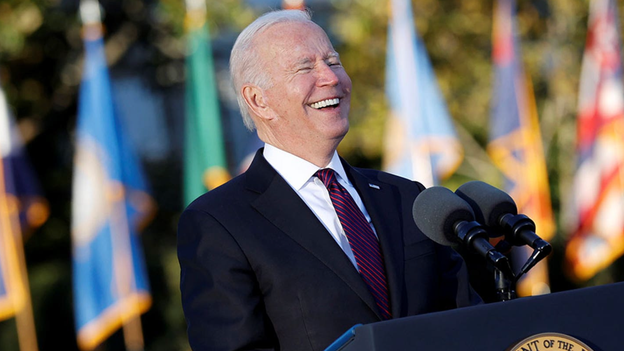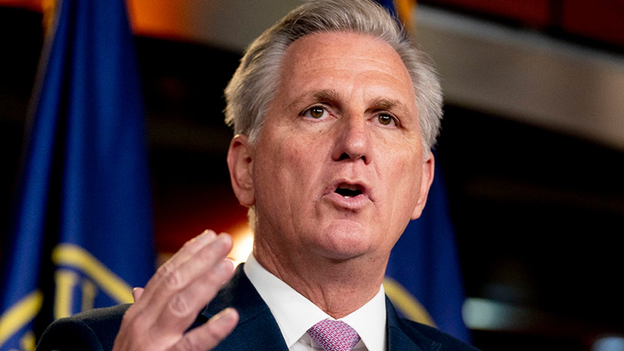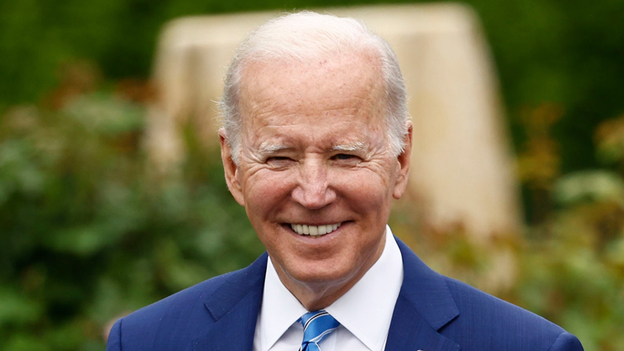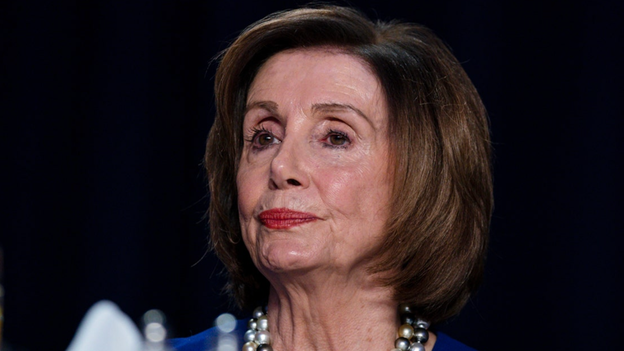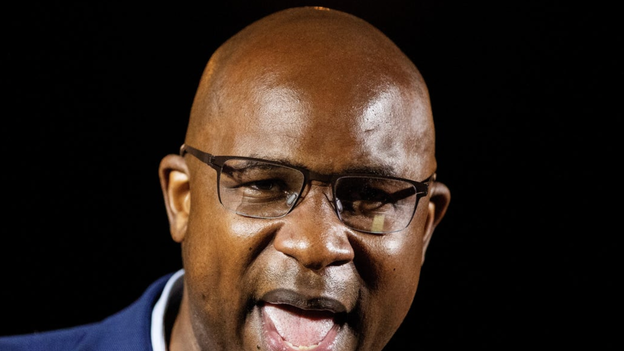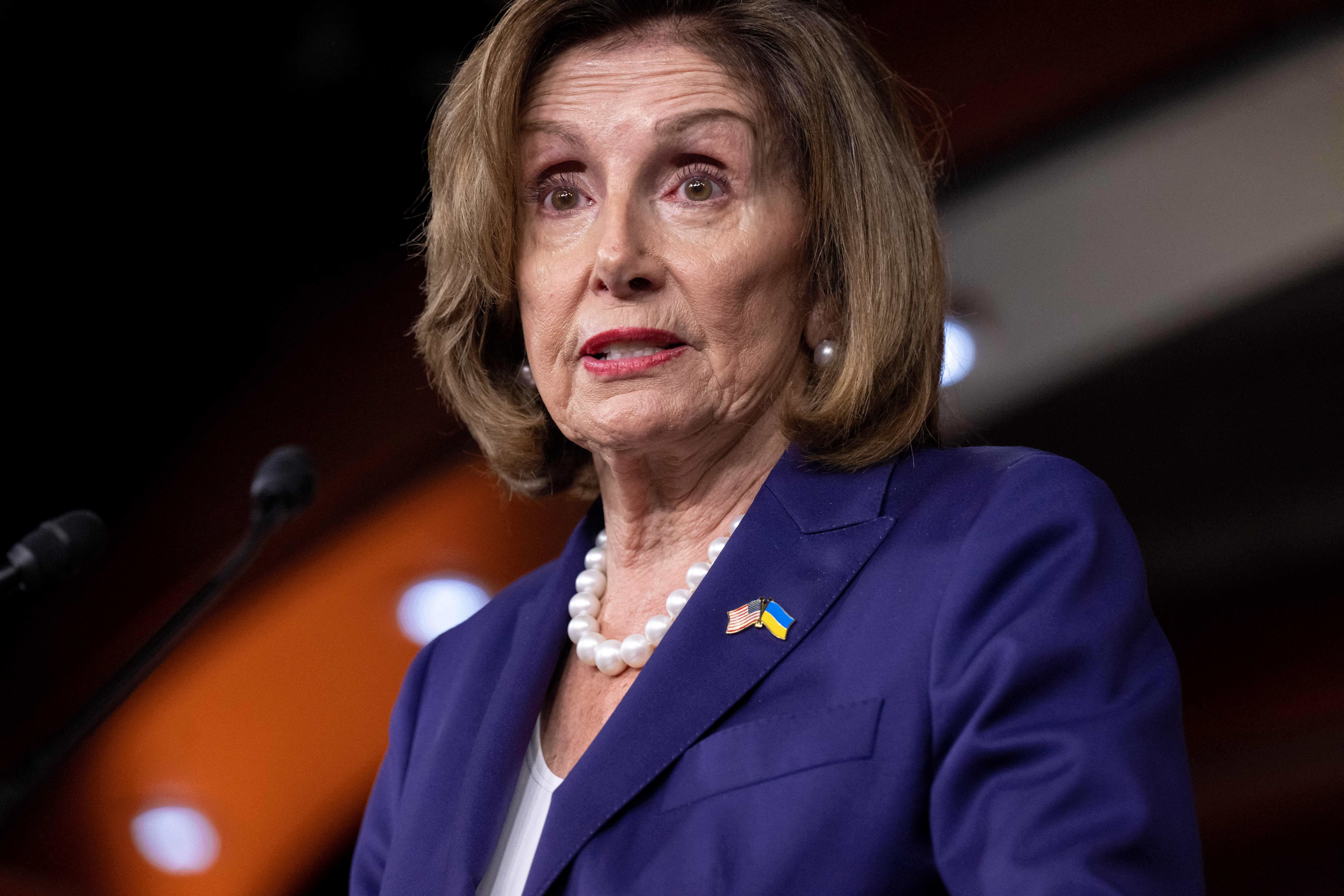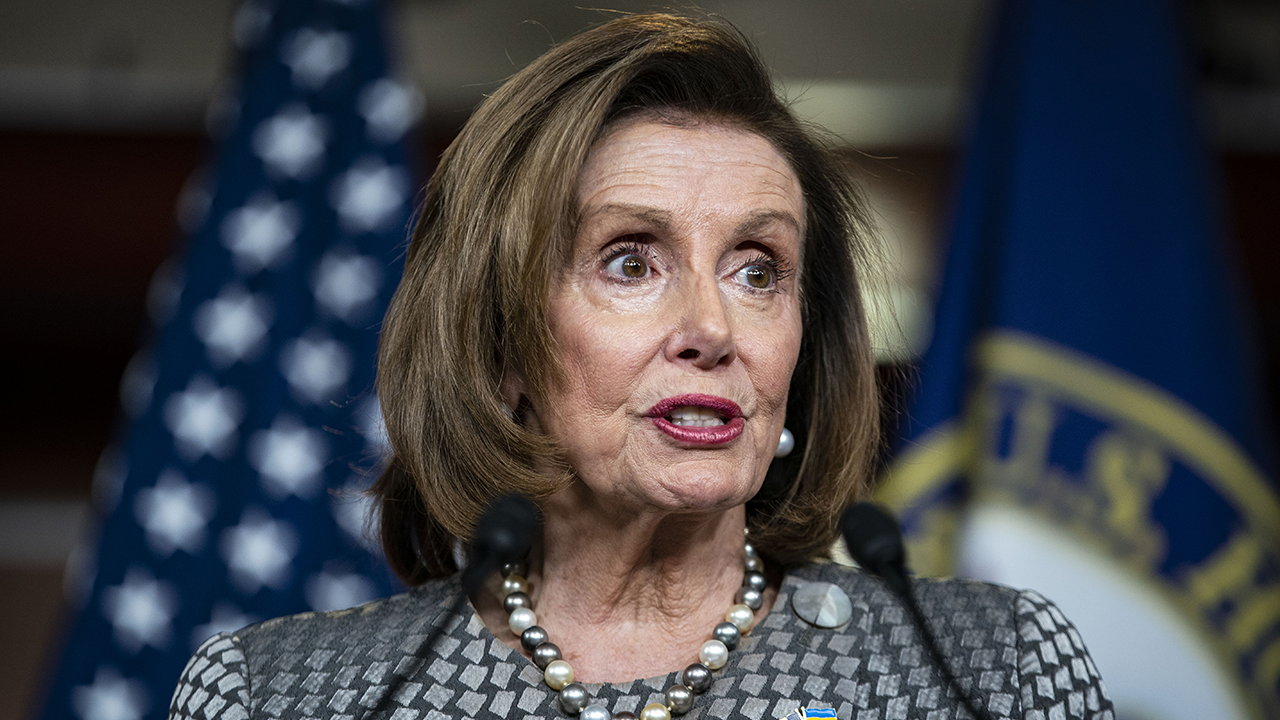House set for vote on Democrats' social speding, tax and climate bill: LIVE UPDATES
The House of Representatives meets Friday to pass Democrats' social spending and taxation bill, which is the culmination of more than a year of intra-party negotiations on a reconciliation bill.
Coverage for this event has ended.
House Democrats passed on Friday a $739 billion climate change, tax hike, and healthcare bill, giving President Biden's domestic agenda a boost at a time of record high inflation and low presidential job approval numbers.
In an 220-207 vote, the House voted along party lines to approve the legislation. Overall every single Democrat supported the bill in the face of widespread Republican opposition.
"Today is really a glorious day for us," said House Speaker Nancy Pelosi, D-Calif. "We send to the president's desk a monumental bill that will be truly for the people."
Republicans vehemently opposed the bill, arguing its provisions will worsen the U.S. economy and impose new burdens on American workers.
"Remember this day," said House Minority Leader Kevin McCarthy, R-Calif. "When Democrats jammed through a 700-page bill that raises your taxes and doubles the size of the IRS."
To read more from Fox News' Haris Alic, click here.
House Republicans argued Friday that voters would severely punish congressional Democrats for voting to raise taxes during a recession.
Speaking in opposition to the $739 billion Manchin-Schumer bill, House Republicans said the vote would weigh heavily during November's midterm elections.
"If Democrats really want to raise taxes on Americans during a recession, that’s their choice," said House GOP Leader Kevin McCarthy, R-Calif. "I trust the American people. I know it is the people who will render the ultimate verdict on today’s actions.
GOP lawmakers added that with inflation at a 40-year high the legislation was poised to only exacerbate rising costs.
"This bill will only make the economic pain and suffering worse," said Rep. Byron Donalds, R-Fla. "Why would I vote for a bill that increases taxes ... when prices are skyrocketing?"
Democrats have defended the bill as a salve for inflation, pointing to the fact that it allows Medicare to negotiate the price of some life-saving prescription drugs.
"Democrats have been fighting for years to lower drug prices and this bill lets Medicare negotiate with drug companies, said House Rules Committee Chairman James McGovern, D-MA. "It caps the out-of-pocket cost of insulin at $35 for people on Medicare … if you're on Medicare, you won't have to pay more than $2,000 a year for your prescriptions."
The Senate-passed Inflation Reduction Act is expected to have almost zero impact on inflation, according to a new analysis.
A University of Pennsylvania Penn Wharton analysis released Friday revealed the Inflation Reduction Act of 2022 would do little to reduce the annual rate of inflation in the midst of the economic recession. The bill would only reduce annual inflation by 0.1 percentage point over the next five years.
The study estimated that the small inflation reduction would begin only "once major deficit-reducing provisions of the legislation are fully implemented, but the Act would have no measurable impact on inflation after 2028. All these point estimates are not statistically different from zero, indicating a low level of confidence that the legislation would have a measurable impact on inflation."
To read more from Fox News' Aubrie Spady, click here.
Rep. Don Beyer compared the $739B climate change, healthcare and tax hike bill to the 1964 Civil Rights Act on Friday.
Beyer, D-Va., said the bill is a once in a generation accomplishment that would protect the world for future generations.
"The Inflation Reduction Act will do untold good, for the nation, for the American people," said Beyer. "This is our generation's signature contribution to American history: our Social Security Act, our Civil Rights Act, even the Bill of Rights."
Speaker Nancy Pelosi, D-Calif., scored an early win on Friday as nearly every single member of her majority voted to advance the Manchin-Schumer tax hike, climate change, and healthcare bill.
In a 219-208 vote, the House voted along party lines to begin debate on the legislation. Overall, nearly every single Democratic lawmaker voted to advance the legislation in the face of widespread GOP opposition.
"Today is really a glorious day for us," said Pelosi. "We send to the president's desk a monumental bill that will be truly for the people."
The vote to advance the bill bodes well for the legislation's chances of success. While few expected the measure to fail, several high-profile Democrats had remained silent about their position in the lead-up to the vote.
Progressive lawmakers, in particular, have criticized the bill as too friendly to the fossil fuel industry.
Progressive lawmakers are claiming credit for the $739 billion climate change, tax hike, and healthcare bill agreed to by Sen. Joe Manchin and Senate Majority Leader Chuck Schumer.
Members of the Congressional Progressive Caucus said Friday their influence on the legislation, dubbed the Inflation Reduction Act, was evident by its climate change and tax provisions.
"We insisted that this democratic majority deliver," said Congressional Progressive Caucus Chairwoman Pramila Jayapal, D-Wash. "Young people and climate activists made congressional climate action mandator. Patients people, people with disabilities, and allied advocates gave Democrats the power to finally take on big pharma and the wealthiest corporations."
"We have won the argument for the president's full economic agenda," she added.
Far-left lawmakers, in particular, said that the Manchin-Schumer bill was heavily influenced by their work on an earlier iteration of the bill, known as Build Back Better.
"There would be no Inflation Reduction act without Build Back Better, and there would be no Build Back Better without the Progressive Caucus," said Rep. Jamaal Bowman, D-N.Y.
Although progressives were quick to admit that the Manchin-Schumer bill was not perfect, they did say it was a good starting point to longheld climate goals, including the Green New Deal.
"It is the first step towards a green New Deal," said Bowman. "We still want [President] Biden to declare a climate emergency, but again we go back to work. It doesn't stop with just the one bill."
As of Friday morning, 191 House members are regisrered to vote remotely on Democrats' climate, tax and spending bill, according to the House clerk.
These letters assign a member who will be present to vote on behalf of the absent member. That means more than 40% of the chamber may be absent to vote on a bill that spends more than $400 billion and raises more than $700 billion in tax revenue.
The remote voting procedure is meant to allow members to social distance during the pandemic, but has often been used when members instead do not want to travel to Washington, D.C.
As Democrats move forward with their social spending and taxation bill Friday, Fox News' Chad Pergram reports that GOP delay tactics are expected -- but that the bill's passage is highly likely.
Democrats will have a rather thin margin for error, with a 220 to 211 majority, after Representative-elect Brad Finstad, R-Minn., is sworn in Friday. That means they could lose a maximum of four votes on the legislation for it to pass.
But House Speaker Nancy Pelosi, D-Calif., traditionally does not move forward on legislation unless she is confident it she has the votes, according to Pergram. And party progressives, who are disappointed in the small size of the legislation, nevertheless support the climate provisions in contains.
The $739 billion tax increase, climate change and health care bill agreed to by Sen. Joe Manchin, D-W.Va., and Majority Leader Chuck Schumer, D-N.Y., is on a glide path toward passage in the House, but divisions between progressive and moderate Democrats remain an obstacle.
Because Democrats hold a slight 220-210 majority in the House, Speaker Nancy Pelosi, D-Calif, can withstand only four Democratic defectors when the entire chamber is voting, given likely unanimous GOP opposition.
The slim cushion means Pelosi needs just about every Democrat to vote in favor of the Manchin-Schumer bill when it comes up for an expected vote Friday.
To read more from Fox News' Haris Alic, click here.
With the House of Representatives set to pass Democrats' social spending, tax and climate bill Friday, energy industry officials are ringing alarm bills that it will handicap their industry at the onset of a recession.
"We believe on balance that this bill is going to do more harm than good for America's energy sector, given the increase in taxes and fees that are going to hit many American energy producers," American Exploration and Production Council CEO Anne Bradbury told FOX Business.
"With the potential that we are in a recession now, we think that it is a bad idea to be raising taxes on American companies, including American energy producers," she added.
But Sen. Joe Manchin, D-W.Va., said the bill will generally help the fossil fuel industry, and one energy policy expert says the overall effect of the bill may be more muted, in part due to poorly directed spending.
To read more from Fox News' Tyler Olson, click here.
More than 150 House members are currently registered as able to vote remotely, with the chamber set to consider Democrats' major social spending and taxation bill Friday.
According to the clerk of the House, 152 members submitted proxy letters as of late Thursday morning. Those letters designate a certain member as able to vote in-person on behalf of the member sending the letter.
That means more than one-third of members may vote remotely Friday, as the House considers the "Inflation Reduction Act," which would raise over $700 billion in taxes and spend more than $400 billion.
To read more from Fox News' Tyler Olson, click here.
House members will return to Washington Friday to vote on the $739 billion tax, climate and health care bill — a top priority for President Biden's domestic agenda — but all eyes are on the Democratic Party's most far-left lawmakers.
Speaker Nancy Pelosi, D-Calif., is expected to push the legislation through despite widespread GOP opposition. Given a narrow Democratic majority, Pelosi can only afford four defections from her caucus on any vote before having to rely on GOP support.
At the moment, it is uncertain if the legislation will clear that threshold given the silence of several high-profile progressive Democrats.
To read more from Fox News' Haris Alic, click here.
Live Coverage begins here
